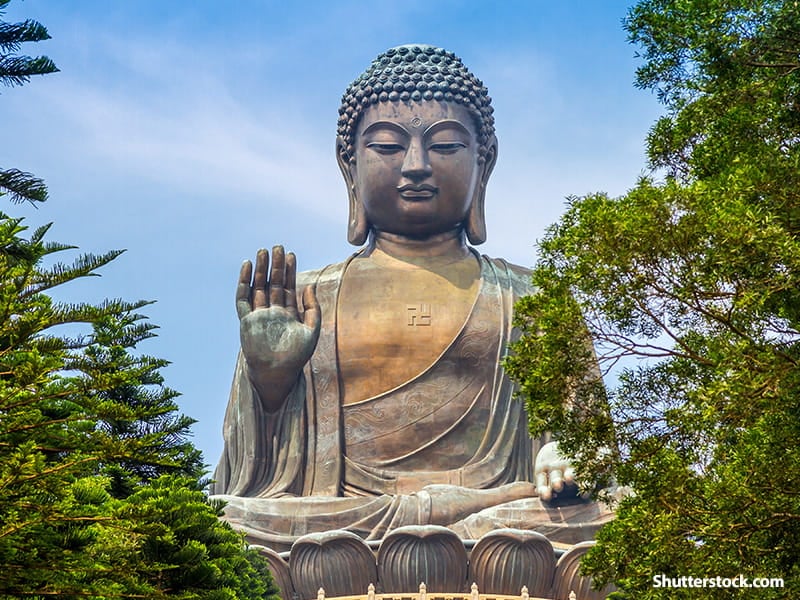My life as a writer and professor tends to keep me circulating in narrowly specialized circles--publishers, editors, academics, people who quite often have more graduate degrees than they do children. When my being Buddhist is mentioned in passing to these people, the most common reaction is a roll of the eyes and the words, "Oh, you too!"
In places like New York, San Francisco and Chapel Hill, one more adherent to the Buddha's 2,500-year-old Asian spiritual discipline is no more remarkable than the opening of another gourmet coffee shop. "You're a Buddhist?" a colleague said to me last month. "Oh, my brother-in-law went through that phase."
I think he was putting me in my place.
Yet, just the other day, one of my students' mothers, a nice woman from the rural center of my home state of Pennsylvania, said to her daughter, "Your professor's a Buddhist? Now that's a bit scary!" When Annie told me this, I was more than a little caught off guard. "Your mother said that?" I asked.
"Sure," Annie answered. Then very carefully and hoping not to offend me, she added in a whisper, "Well aren't Buddhists idol worshippers?"
 | ||
| Though I am overly fond of pork lo mein, I do not worship the little fat Buddha statue. | ||
 |
It turns out that Annie, one of my favorite students this past semester, a tall, irreverent, confident young woman who enjoyed trading quips with me in class, agreed with her mother. Having been raised fundamentalist Christian in a valley town where all of her rural neighbors shared the same beliefs, her view of the world was quite different than mine, or that of my academic friends--though equally narrow.
To her, my being Buddhist was, in fact, entirely odd. From Annie's perspective, it was altogether baffling to learn that an otherwise reasonable, affable, educated man could knowingly choose any faith other than Christianity. In her world, there is but one true God--and everybody knows who that is!
Let me clear matters up, then, for the record.
Though I am overly fond of pork lo mein, I do not worship the little fat Buddha statue. Buddhists, in fact, do not worship anyone. The Buddha himself was not a god, but only a man--Siddhartha--who became known as "Buddha," the enlightened one, because of the wisdom he came to embody and teach. We revere him, yes; worship, no.
What we have, I think, is a problem of semantics. In Western eyes, a religion by definition centers around a single supreme being, a creator, and most Westerners struggle to understand Buddhism through this lens. "Who is your God? No one? Then you must have many gods? You don't? Oh, you're an atheist?"
Those of us who are Buddhists know this conversation, or some variant of it, very well. I'm not about to offer an easy answer--simple explanations don't satisfy, and subjecting our Christian friends to lengthy philosophical treatises results most often in glazed looks.
Moreover, though I can offer a decent historical perspective on Buddhism and the god question, I'm not even sure what to answer here and now, in the West, when we have Jesuit priests teaching Zen and Jewish men and women becoming ordained as Buddhist monks. Do Buddhists believe in a god? Perhaps there is no answer; perhaps there are tens of thousands of individual answers.
Yet I do want my friends to understand, and I'd rather Annie not carry her misconceptions too far. So I will have to be patient, endeavor to see the world through Annie's lens, and continue to respect her beliefs and her religion. And hope, even in the face of such questions, that others will come to more easily respect mine.

